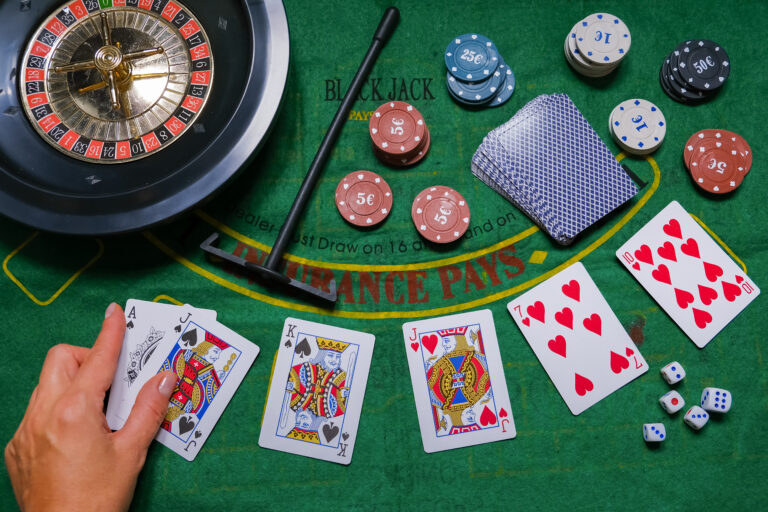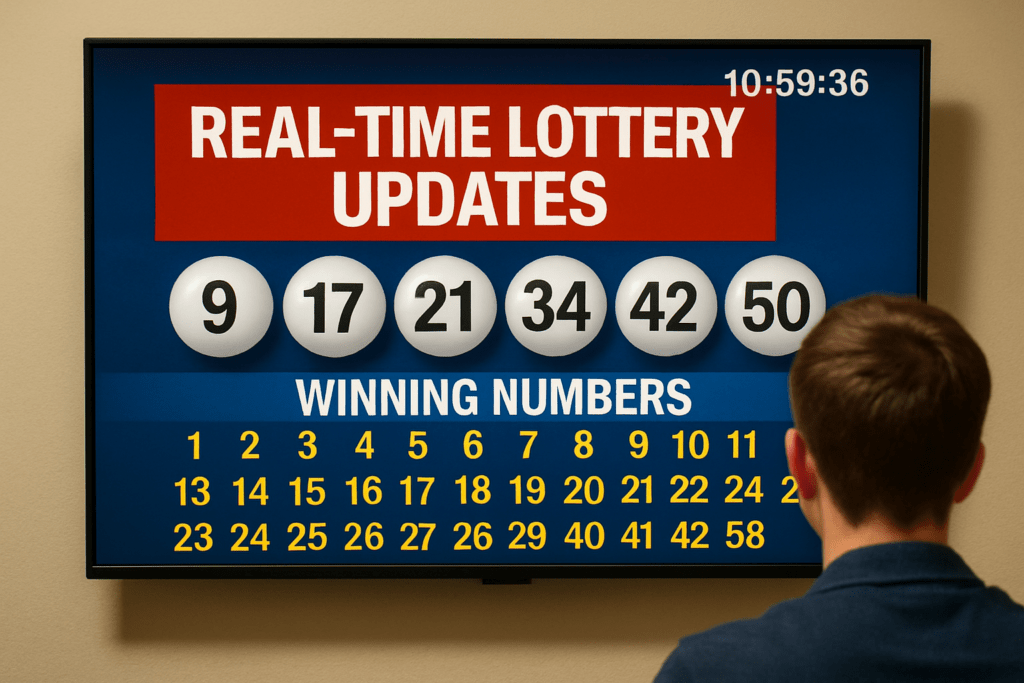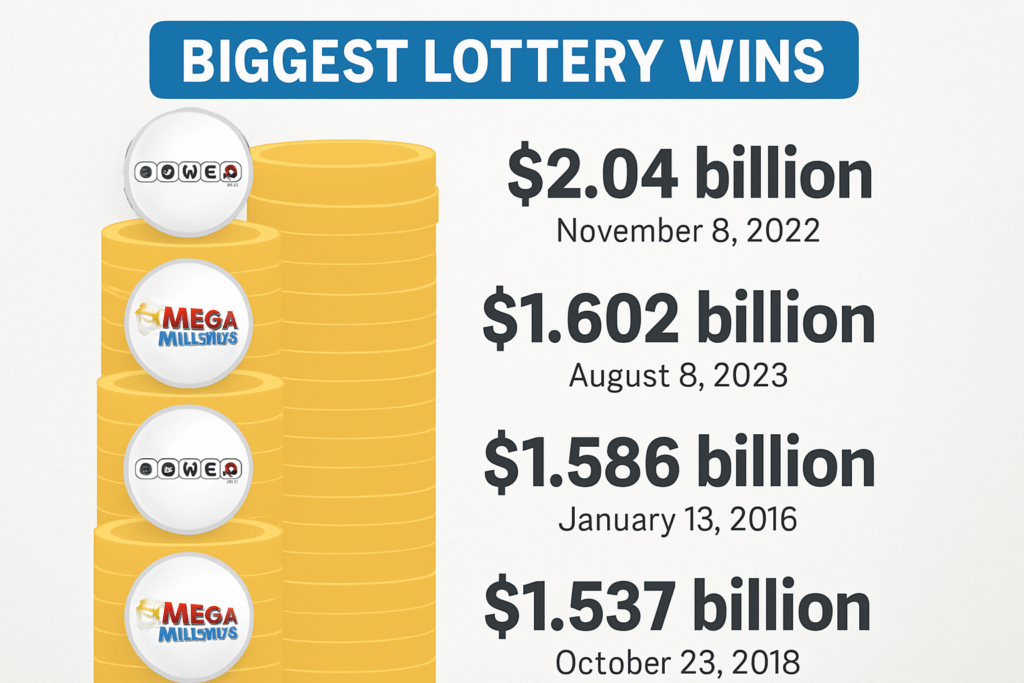Why Seasonal Lottery Trends Matter
- Open with the curiosity around seasonal lottery trends—do factors like holidays, weather, or cultural events actually impact draws or winning patterns?
- Preview the questions to be answered: What are these patterns? Are they real, and can they inform strategy?
What Happens After Winning Millions?
Winning a life-changing lottery jackpot is every player’s dream, but few are prepared for what comes next. The sudden influx of wealth can bring excitement, but also a wave of challenges. Many winners find themselves overwhelmed by financial decisions, from managing taxes to making smart investments. Some handle it well, while others struggle with reckless spending that drains their fortune faster than expected.
The Financial Reality of Winning
Many winners face critical financial decisions almost immediately:
- Taxes and Legal Issues – A large chunk of the winnings often goes to taxes, and failing to plan can lead to legal troubles.
- Investing vs. Spending – Some winners hire financial advisors to ensure long-term security, while others spend impulsively without a plan.
- Budgeting for the Future – Without proper money management, even the biggest jackpots can disappear quickly.
A Lifestyle Overhaul
A sudden fortune changes life in more ways than one:
- Luxury Purchases – Mansions, sports cars, and extravagant vacations become instantly affordable.
- Social Pressure – Long-lost friends and distant relatives often reappear, expecting a share of the winnings.
- Privacy Challenges – Some winners struggle with unwanted media attention and public scrutiny.
While some winners embrace their new wealth openly, others choose to live discreetly to avoid pressure and expectations.
Giving Back and Creating a Legacy
For some, wealth is not just about personal luxury—it’s an opportunity to make a difference. Many winners choose to:
- Donate to charities and community projects
- Fund scholarships or support education initiatives
- Invest in businesses that create jobs and opportunities
Many lottery winners go from players to philanthropists, proving that wealth can be used to leave a lasting impact. However, not all stories end positively—many who fail to manage their winnings properly find themselves bankrupt within a few years.
The Big Picture: Seasonal Impact on Lottery Draws
Let’s get clear about what “seasonal” really means in lottery land. We’re not just talking winter chill or summer heat—we’re looking at the whole calendar: holidays, festivals, even national sporting events. These are the moments when ticket lines get longer and jackpots sometimes soar. Every year, certain patterns repeat. Data on yearly lottery trends tells us that instantly after New Year’s or leading up to Christmas, draw entries spike. The same goes for events like national independence days, major football tournaments, or superstitious dates.
But here’s the spartan truth: the seasonal impact on draws comes mostly from human behavior, not from changes in the actual draws themselves. The drawing machines don’t know it’s Valentine’s Day. But we do—and for reasons ranging from hope to pure habit, we play more. These surges can temporarily bump up prize pools or media buzz, but the structure of most lotteries means the odds don’t budge an inch. So while the seasons bring a rhythm to lottery life, any edge you feel is more psychological than statistical. Understanding that is your first win.
Patterns in Winning Numbers: What’s Fact, What’s Hype?
It’s easy to fall into the rabbit hole of believing that winning numbers somehow “know” what season it is. Rumors swirl—claims about certain digits showing up more in winter, or “lucky” springs full of consecutive runs. The truth is both less mysterious and more interesting.
Let’s cut through the noise. Statistically, lottery draws are designed to be random. Lottery balls don’t remember that it’s December or care if it’s peak summer. Most official lotteries use machines and certified procedures to make sure every number has exactly the same shot at being picked, no matter the season.
Still, people hunt for patterns. Some analyze decades of results, hoping to spot seasonal upticks in certain numbers. Researchers run these numbers through statistical tests—looking for things like clustering, streaks, or “hot” and “cold” numbers. The findings? Again and again, reputable studies show there’s no real correlation between the season and which numbers win. Shifts that do pop up can usually be chalked up to randomness masquerading as a trend.
Of course, the myths live on. People claim higher chances in the new year, or assert that birthdays win more near major holidays. But when you stack the data, it just doesn’t add up. So, if you’re planning to play based on seasonal “number magic,” the hard truth is that it’s all hype, not fact.
Profiling the Trends: What the Numbers Say
Let’s cut straight to it. You’ve probably heard (or hoped) that certain times of the year might be “luckier” for lottery players. Maybe it’s the lead up to Christmas, the dog days of summer, or that magical Friday the 13th—some folks claim they’re hotbeds for jackpots. So what do the actual numbers say?
First, published stats do show spikes in ticket sales around major holidays. Lottery organizations openly report surges just before Christmas, New Year’s, and big cultural events. For example, in North America, Powerball and Mega Millions ticket sales can climb 30% ahead of a high-stakes holiday draw. In the UK, National Lottery sales also tick upwards ahead of national celebrations.
But here’s the twist: More tickets sold means more chances for someone to win, not that the numbers drawn are any more likely to be favorable. The pool of numbers and the odds don’t play favorites with the calendar. In other words, while more people may win around these key dates—simply because more people are playing—the jackpot odds themselves stick to the same cold, hard math.
Regarding the idea of a “lucky season,” large-scale studies over the past decade give us a clear answer: no statistically significant patterns in winning numbers by month or season. In fact, lottery officials and independent analysts have pored over thousands of results—spring to winter and back again—finding nothing to suggest the balls know what day it is.
So yes, while you’ll see more winners around festive times (driven by enthusiasm and a spike in purchase volume), the underlying odds don’t budge. Bottom line? Buy a ticket when you feel like it, not because the calendar says it’s “lucky.” The numbers—and your odds—are as indifferent as ever.
Lottery Format Changes and Their Impact
Let’s set the record straight: if you notice any shifts in lottery trends, it’s more likely due to the lottery’s own ground rules than some seasonal magic. Over the years, lotteries tweak their formats—think extra numbers in the pool, changes in pick combinations, or bumping up the frequency of draws. Each little tweak can ripple through trendlines far more than whether it’s summer or Christmas.
Here’s the real kicker: when a lottery adds new numbers or shifts its format, it alters the odds, the size of jackpots, and even the rhythm of ticket sales. For example, upping the number pool means winning just got a lot tougher (and jackpots usually balloon). Doubling the weekly draws means more chances, sure, but also spreads out the buzz. These adjustments can spike sales, shift popular number combos, or create the illusion of a trend—when what you’re really seeing is just the fallout from a rule change.
So before blaming lottery surprises on the time of year, dig into the mechanics. Want a deeper dive? Check out our feature on recent changes to lottery game formats. Understanding these nuts-and-bolts changes is the quickest shortcut to making sense of the ups, downs, and so-called patterns in lottery results. The deck gets reshuffled not by the seasons, but by the game-makers themselves.
Real-Life Insights: What Players and Experts Notice
For most lottery regulars, “seasonal trends” are less about magical number patterns than about a noticeable shift in the energy around the game. Talk to anyone who’s stood in line at a convenience store just before Christmas or the Super Bowl—ticket queues get longer, conversations get livelier, and there’s a tangible spike in excitement. “There’s something about big holiday draws that pulls everyone in. People who never play the rest of the year show up,” says Rita J., a clerk who’s seen her share of both winners and hopefuls over two decades.
Lottery officials confirm this isn’t just perception. Every year, the weeks leading up to major holidays or landmark events (think: New Year’s, high-profile sports championships) see a hefty uptick in both ticket sales and, occasionally, jackpot sizes. More players means higher prize pools and a feeding frenzy in the media. “December through early January is always busier,” observes Harold Lim, a regional lottery sales manager. “It’s when we see casual players mixing with regulars, all chasing that season’s ‘luck’.”
But the season has another side. While summer months and holidays spike, there may be lulls—say, in the dead zones between festivities or during stretches of smaller jackpots. Players seem to gravitate toward both social excitement and sheer potential payout, not because numbers somehow turn luckier.
Bottom line: real people chase big dreams hardest when the energy—and the headlines—are peaking, but experts caution this changes the atmosphere, not the odds themselves.
What Happens After Winning Millions?
Winning a life-changing lottery jackpot is every player’s dream, but few are prepared for what comes next. The sudden influx of wealth can bring excitement, but also a wave of challenges. Here’s what typically happens after hitting the jackpot.
The Financial Reality of Winning
Financial decisions become a top priority:
- Tax Implications
- A significant portion of the winnings often goes to taxes, requiring careful planning to prevent legal issues.
- Investing and Advisors
- Some winners hire financial advisors to ensure long-term security, while others spend recklessly without a plan.
- Budget Management
- Without proper money management, even the largest jackpots can deplete quickly, turning a dream into a financial nightmare.
A Lifestyle Overhaul
Sudden fortune leads to lifestyle changes, both positive and negative:
- Indulging in Luxury
- Mansions, exotic cars, and extravagant vacations become accessible.
- Navigating Social Dynamics
- Friends and distant relatives often reemerge, creating tension and expectation.
- Privacy Concerns
- Some winners struggle with media attention and public scrutiny, opting for a low-profile life to avoid pressure.
Giving Back and Creating a Legacy
For some, wealth provides an opportunity for positive impact:
- Charitable Contributions
- Many winners donate to charities and launch community projects.
- Investing in the Future
- Funding scholarships and investing in businesses are common practices for those wanting to create jobs and opportunities.
Winners who transition from players to philanthropists demonstrate the potential for wealth to leave a lasting legacy. However, not all stories end positively—without proper management, even vast fortunes can dwindle swiftly.
Wrap-Up: What to Remember About Odds and Seasons
So, what’s the bottom line? Seasonal lottery trends make things interesting—ticket sales jump around big holidays, media hype rolls in before special events, and everyone loves to talk about “lucky times.” But when it comes down to the math, the odds are immune to winter, summer, or any day that ends in “y.” Drawing machines don’t care if it’s New Year’s Eve or a random Wednesday in March.
Smart play isn’t about chasing the calendar; it’s about knowing your limits, skipping the wild theories, and playing responsibly. Strategies built on buying in bulk for Christmas or waiting for mid-summer draw days won’t improve your chances. The only thing you can really control is your own approach.
Bottom line: Enjoy the ride, have your fun, but don’t count on seasonal lottery trends to beat the odds. Understanding seasonal lottery trends keeps you informed—but luck plays by its own rules.


































































































































































































































































































 George Dreyer brought valuable knowledge and creativity to the development of Jackpot Rush Empire, playing a key role in shaping the platform’s vision alongside its founder. With his keen eye for detail and dedication to quality, he helped ensure that the site delivers engaging lottery insights and meaningful content for its audience. His contributions were essential in building a platform that not only informs players about results and jackpots but also emphasizes responsible gaming and safe participation, aligning closely with the mission of Jackpot Rush Empire.
George Dreyer brought valuable knowledge and creativity to the development of Jackpot Rush Empire, playing a key role in shaping the platform’s vision alongside its founder. With his keen eye for detail and dedication to quality, he helped ensure that the site delivers engaging lottery insights and meaningful content for its audience. His contributions were essential in building a platform that not only informs players about results and jackpots but also emphasizes responsible gaming and safe participation, aligning closely with the mission of Jackpot Rush Empire.
